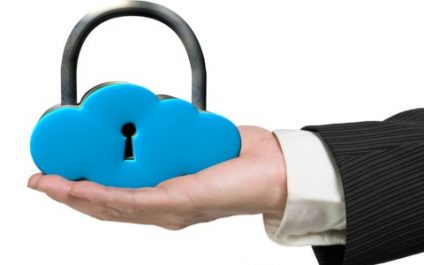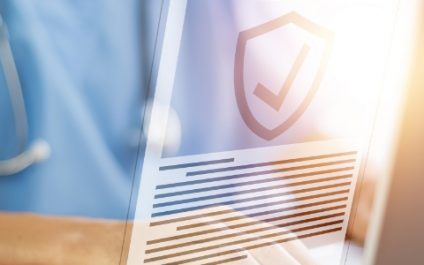Protected health information (PHI) includes medical records, lab results, diagnoses, treatment plans, and payment details. As healthcare continues to move toward digital platforms and data sharing, it is crucial to have the following measures in place to safeguard PHI from cyberattacks. Perform regular risk assessments To keep PHI safe, healthcare organizations must identify potential vulnerabilities […]
How to safeguard protected health information
Essential tactics to ensure business continuity

Unforeseen events such as natural disasters, power outages, and cyberattacks can immensely disrupt business operations, resulting in significant financial loss and reputation damage. Therefore, having a solid business continuity plan in place is crucial for any organization’s survival. Here are five essential tactics that every company should implement to ensure business continuity. Back up your […]
The 5 most common data backup solutions

For any business, data is more than just information; it’s an invaluable asset that drives decision-making and strategy. Losing data can result in massive setbacks and even threaten the very existence of your organization. This is where data backup solutions come into play — they provide a way to securely store and retrieve important data […]
How to protect your business from hurricanes

In 2021, the United States experienced one of the most active storm seasons on record, upsetting businesses already dealing with a pandemic. For companies without a good disaster recovery plan, the consequences were devastating. This is why your business should have a hurricane disaster recovery plan. What is a hurricane disaster recovery plan? A hurricane […]
Top security tips for remote workers

Working from home is becoming popular, primarily because of the flexibility this setup offers. However, one of the biggest concerns for remote workers is how to stay safe and secure while working online. We’ll discuss some cybersecurity tips that can help you stay protected while working from home. Patch your software regularly Although installing software […]
The top 5 benefits of cloud computing to healthcare organizations

The healthcare industry is under constant pressure to improve the quality of patient care while reducing costs. Cloud computing can help your healthcare organization achieve both of these goals by providing a more reliable, convenient, and secure way to store and access data. Apart from these benefits, here are some advantages that cloud solutions can […]
Ensuring business continuity with cloud technology

There are several ways to ensure business continuity, and storing your company’s data in the cloud is undoubtedly one of the best. In this post, we’ll discuss the advantages of cloud storage over other backup media and why your company should invest in it. Improved uptime Many business owners think it’s enough to store copies […]
Security best practices for BYOD policies

Bring your own device (BYOD) policies give employees the flexibility to use devices they are comfortable with while allowing businesses to reduce hardware spending. However, BYOD also carries plenty of security risks. Loss or theft of devices – Employees often bring their personal devices wherever they go. This means there’s a higher chance of devices, […]
7 Steps to making your data hurricane-proof

Hurricanes are a common occurrence in many parts of the United States. Not only do they destroy property and endanger lives, but they can also disrupt your business’s operations. In this blog, we offer tips on how you can ensure fast access to your data following a disaster and immediately get back to business. Determine […]
The benefits of cloud computing in healthcare
Cloud computing is gradually becoming the norm for healthcare organizations around the world. Whether via a browser-based tool or a mobile app, it’s easier than ever to deliver patient care from anywhere with an internet connection. If you’re still hesitant to embrace cloud technology, it’s time to reconsider. Easy information access Reviewing patient records used […]
- 1
- 2


Recent Comments